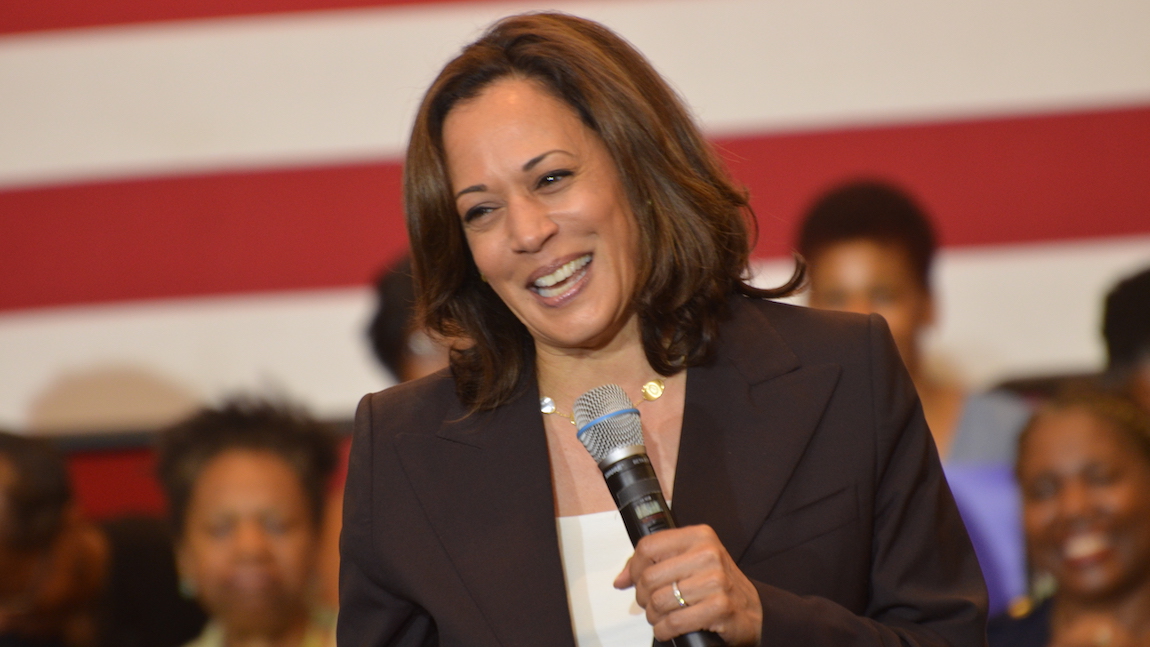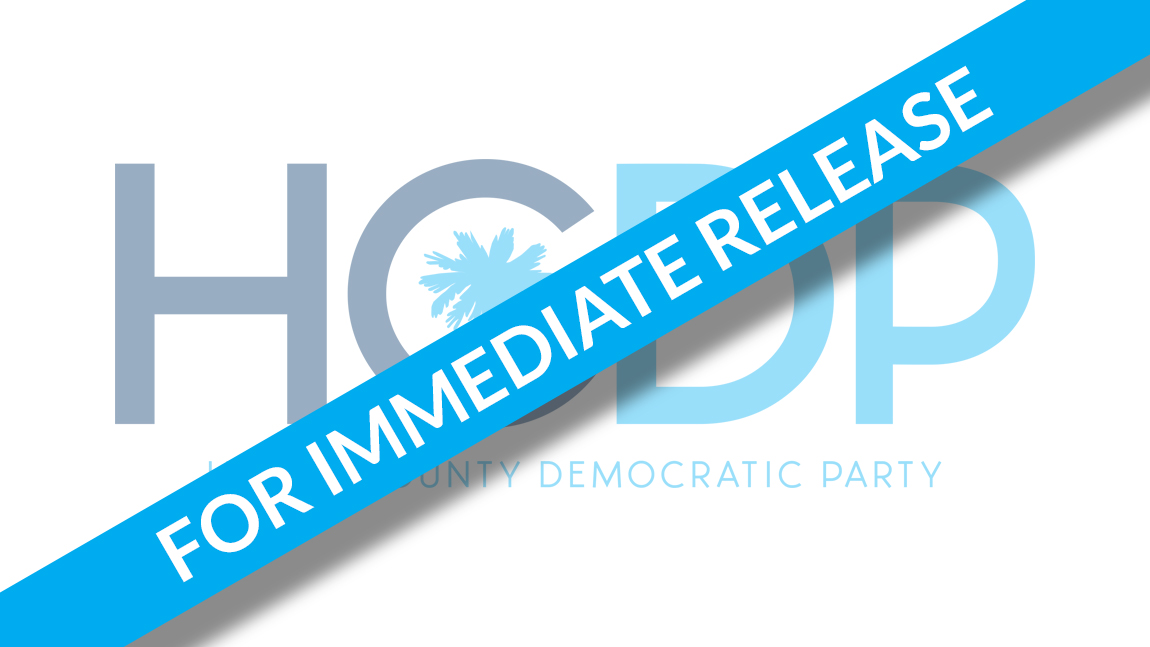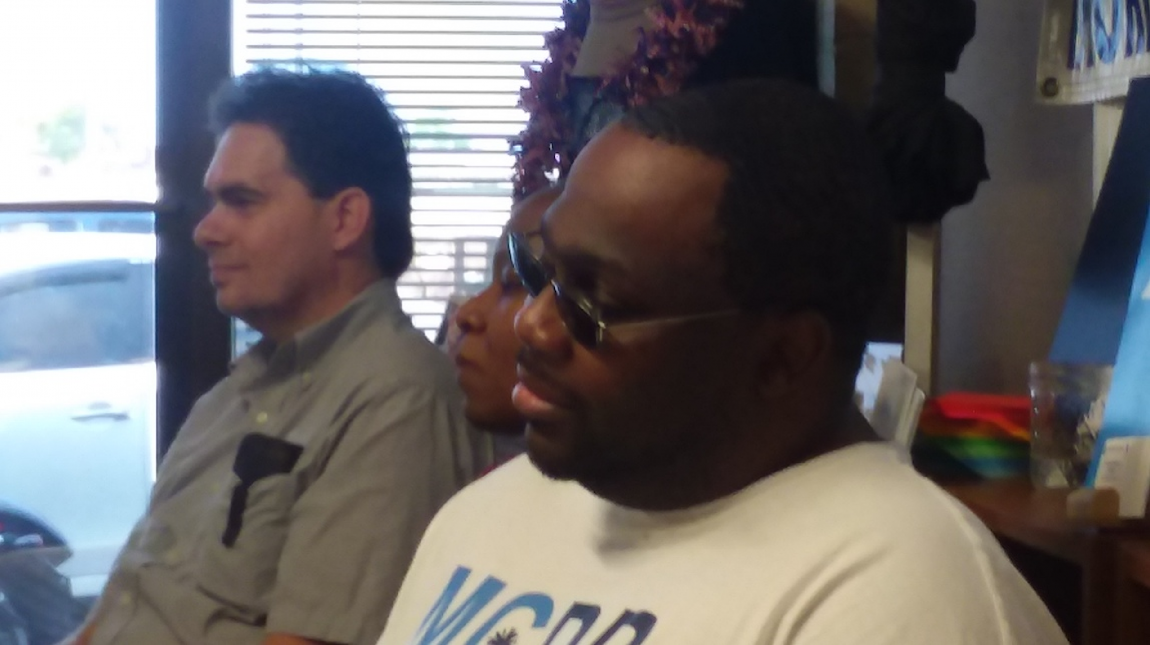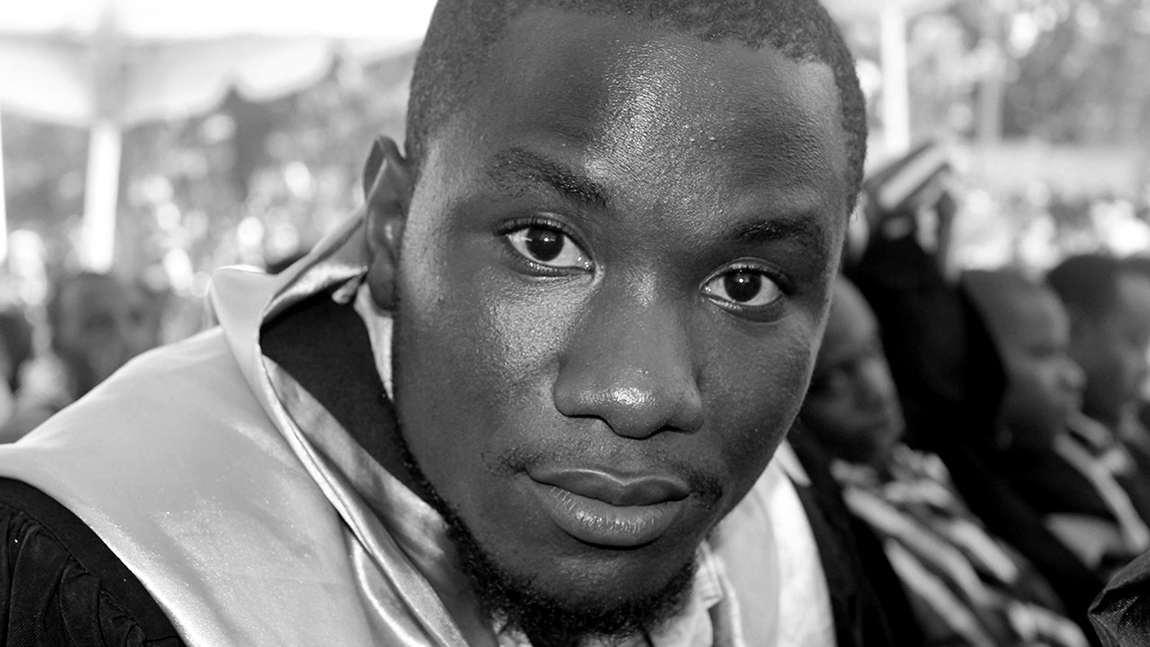Democratic values promote equality and opportunities for all Americans
By Bev Bitzegaio
Looking back on our country’s 245-year history of equality and opportunities for women offers an interesting perspective of how far we have come and how far we have yet to go.
The 19th amendment granting women the right to vote was ratified by the states in August 1920. The fight for women’s equality continued soon after when in 1923 the Equal Rights Amendment (E.R.A.) was first proposed guaranteeing gender equality under the law. The E.R.A. was finally passed by Congress in 1972 but had to be ratified by 38 states to become an amendment to the Constitution. It was three states short on the 1982 deadline — South Carolina was one of the 15 states that did not ratify the E.R.A. (and it still has not).
Along comes 2020, a year to remember not just for the pandemic.
In 2020, Virginia became the 38th state to ratify the E.R.A. (though it’s still not an amendment). It now stands with Congress to eliminate the original E.R.A. ratification deadline before it can become an amendment to the Constitution. In 2020, the United States commemorated 100 years of women’s suffrage. In 2020 the United States celebrated the first multiracial woman vice president – a significant leap for equality and opportunities for all Americans.
The women’s suffrage story is said to begin with the Seneca Falls Convention in 1848 and end with the adoption of women’s suffrage in 1920. However, women and people of color rallied for equal rights and the vote dating back to the American Revolution, and, in fact, suffrage for women of color was not fully realized until the 1960s.
The first woman to run for president was Victoria Woodhull, the Equal Rights Party’s nominee in 1872. The first woman to be nominated for president on a major party ticket was Hillary Clinton in 2016.
So, we stand today for our country with optimism for the future – 245 years after our Declaration of Independence – and celebrate our first multiracial woman vice president. In the words of our Vice President Kamala Harris, “I may be the first, but I will not be the last.”
Essay Winners
Three Horry County high school seniors from the Scholars Academy at Coastal Carolina University were recognized for their essays about the significance of electing the first female, multiracial vice president by the Democratic Women’s Council of Horry County in the 14th annual scholarship essay contest.
They were asked to write their essays around this theme: What is the significance to you, and future generations, of electing the first female, multiracial vice president?
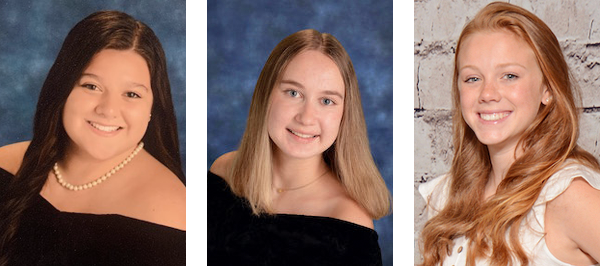 Congratulations to the $1,000 scholarship winner (pictured from left to right) Alyssa Paquette, St. James High School. Two honorable mention essayists were Sasha Bronovitskiy, Socastee High School, and Fallon Tomlin, Conway High School.
Congratulations to the $1,000 scholarship winner (pictured from left to right) Alyssa Paquette, St. James High School. Two honorable mention essayists were Sasha Bronovitskiy, Socastee High School, and Fallon Tomlin, Conway High School.
They, along with the other insightful essay entrants, recognize the significance of a democracy built on equality and opportunity for all. As you read their words, it is evident that they are very much in touch with the issues and values important to a strong democracy. They seem ready to face the challenges of the future with a clear understanding of what awaits them and the intelligence and enthusiasm to make a positive difference.
“Harris represents an answer to our outcries; she epitomizes the identity and experience women of color have been craving to look up to, leading our country into a new era, away from bigotry, misogyny, suppression, and systemic and cultural racism,” Paquette wrote.
Bronovitskiy wrote, “A sustainable government is empathetic. And considering that legislation dictates nearly every aspect of life, empathy is necessary to the survival of marginalized people.”
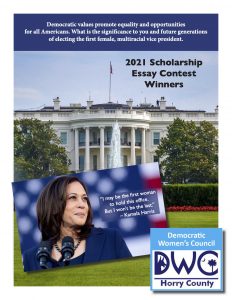 Tomlin concluded in her essay, “In my opinion, past political leaders have given diverse groups the scraps of democracy; hoping to stave off substantial change. To their dismay, the election of a multiracial female has given all people a hunger for real democracy.”
Tomlin concluded in her essay, “In my opinion, past political leaders have given diverse groups the scraps of democracy; hoping to stave off substantial change. To their dismay, the election of a multiracial female has given all people a hunger for real democracy.”
Over $34,000 in scholarship money in 14 years has been awarded by the Democratic Women’s Council of Horry County. Many past winners have gone on to post-graduate studies and successful careers. The essay contest seeks to help students achieve their goals while providing an impetus for them to appreciate what Democratic values are all about. The essays demonstrate that these students are very much in touch with the issues and values important to a strong democracy.
The essay entries were anonymously submitted to our judging panel representing diverse backgrounds: Joan Furlong, Da’Vita Foushee and Sarah Grossbauer. The essays were judged using a 4-point scale on relevance to the theme, Democratic values, focus/details and organization/mechanics. The top three essays are featured in this booklet (linked in cover photo and below as well).

